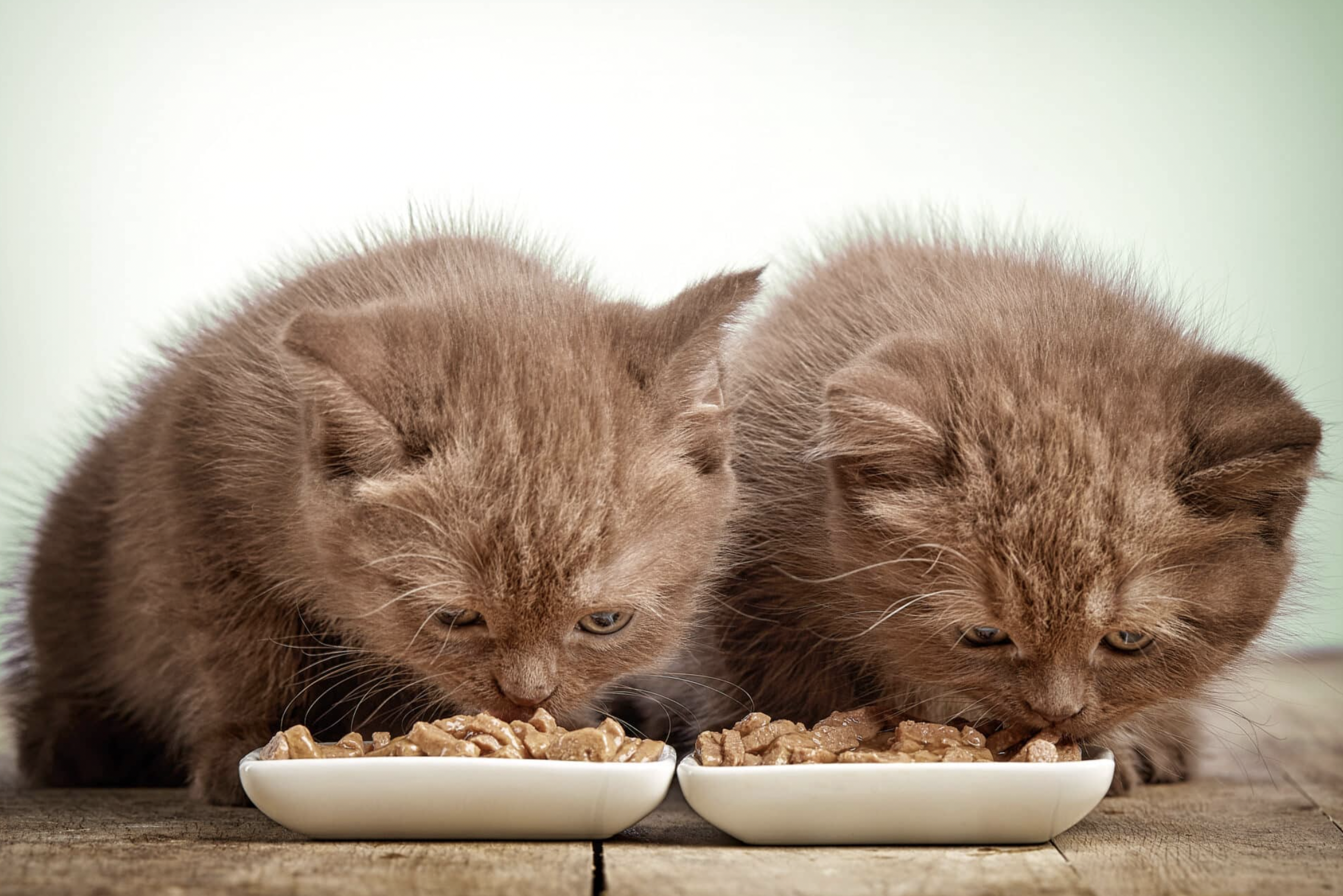Cats are known for their independence, but when it comes to their health and well-being, they rely on their owners to provide them with healthy food. Feeding your cat healthy food for cats is crucial to their overall health, just like how eating a balanced diet is important for humans. In this article, we’ll discuss the importance of feeding your cat healthy cat food and the impact it can have on your feline’s health.
Types Of Cat Food
There are three main types of cat food: dry, wet, and semi-moist. Each type of cat food has its benefits and drawbacks, and it’s essential to understand them before choosing the best option for your cat.
Dry cat food is the most popular type of cat food, and it’s convenient to store and serve. It’s also economical, and you can leave it out all day for your cat to nibble on. However, dry cat food typically contains more carbohydrates and less protein than wet cat food, which may not be the best option for cats with specific health needs.
Wet cat food has a higher moisture content than dry cat food. It’s more palatable and contains more protein and fewer carbohydrates. It’s also beneficial for cats with urinary tract problems since it helps keep them hydrated. However, wet cat food is more expensive and can spoil quickly, which may result in waste.
Semi-moist cat food is a relatively new type of cat food and has become increasingly popular in recent years. It’s convenient to serve and doesn’t require refrigeration. However, it’s often high in sugar and salt, which can lead to obesity and other health issues in cats.
Nutritional Needs Of Cats
Cats are obligate carnivores, which means they require a diet that’s high in protein and low in carbohydrates. A healthy diet for cats should consist of a balance of protein, fat, carbohydrates, vitamins, and minerals.
Protein is essential for cats to maintain healthy muscles, organs, and tissues. Cats require a diet that’s high in animal protein, such as chicken, turkey, and fish. Fat is also crucial for cats as it provides energy and helps absorb fat-soluble vitamins. However, cats require a low-fat diet to prevent obesity and other health issues.
Carbohydrates are not essential for cats, but they can provide energy. However, cats should avoid diets that are high in carbohydrates as it can lead to obesity and diabetes. Vitamins and minerals are essential for cats’ health and well-being. Cats require a diet that’s rich in vitamins A, D, and E, and minerals such as calcium, phosphorus, and magnesium.
Choosing Healthy Cat Food
When choosing cat food, it’s essential to read the ingredient label carefully. The first ingredient should be a high-quality animal protein source, such as chicken, turkey, or fish. The ingredient list should also include essential vitamins and minerals.
Avoid cat food that contains by-products, fillers, and artificial preservatives, as they can be harmful to cats’ health. Additionally, avoid cat food that contains high levels of carbohydrates, salt, and sugar.
Feeding Your Cat
The amount of cat food your cat requires will depend on their age, weight, and activity level. Most cat food packages have feeding guidelines based on the cat’s weight.
It’s essential to feed your cat a balanced and complete diet to ensure they receive all the essential nutrients they require. A balanced and complete diet should consist of high-quality animal protein, essential vitamins and minerals, and a low amount of carbohydrates and fat.
If you’re transitioning your cat to a new type of cat food, it’s essential to do it gradually. Sudden changes in diet can lead to digestive issues such as vomiting and diarrhea. Start by mixing a small amount of the new cat food with the old cat food and gradually increase the amount of the new cat food over a week.
Common Diet-Related Health Issues In Cats
Feeding your cat healthy cat food can help prevent various health issues, including obesity, dental problems, and urinary tract problems.
Obesity is a common health issue in cats, and it can lead to various health issues such as diabetes, heart disease, and joint problems. Feeding your cat a balanced and complete diet and monitoring their food intake can help prevent obesity.
Dental problems such as gum disease and tooth decay are also common in cats. You can help reduce plaque and tartar buildup and promote healthy teeth and gums by feeding your cat dry food.
Urinary tract problems, such as urinary tract infections and blockages, are also prevalent in cats, especially male cats. Giving your cat wet food can help keep them hydrated and reduce the risk of urinary tract problems.
In conclusion, feeding your cat healthy cat food is crucial to their overall health and well-being. It’s essential to choose a type of cat food that’s appropriate for your cat’s needs and contains high-quality animal protein, essential vitamins and minerals, and a low amount of carbohydrates and fat. Additionally, feeding your cat a balanced and complete diet and monitoring their food intake can help prevent various health issues such as obesity, dental problems, and urinary tract problems. By providing your cat with healthy cat food, you’re helping them live a happy and healthy life.

